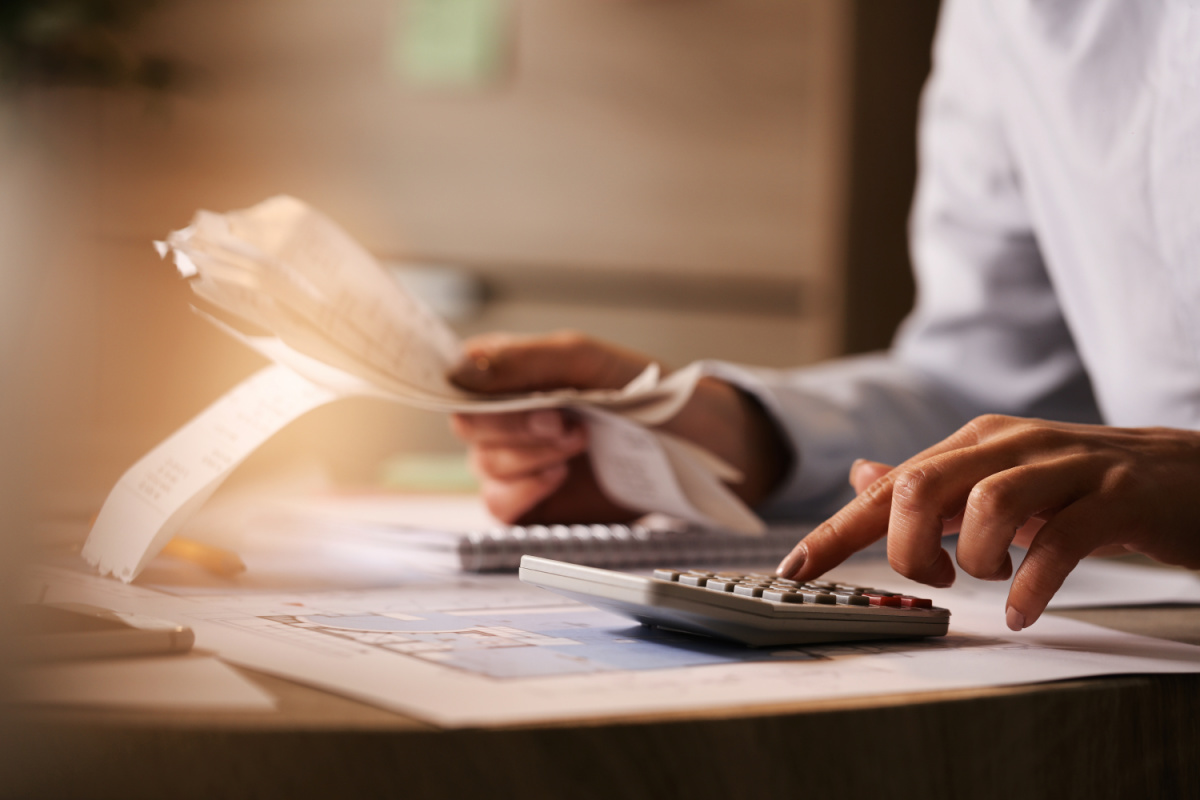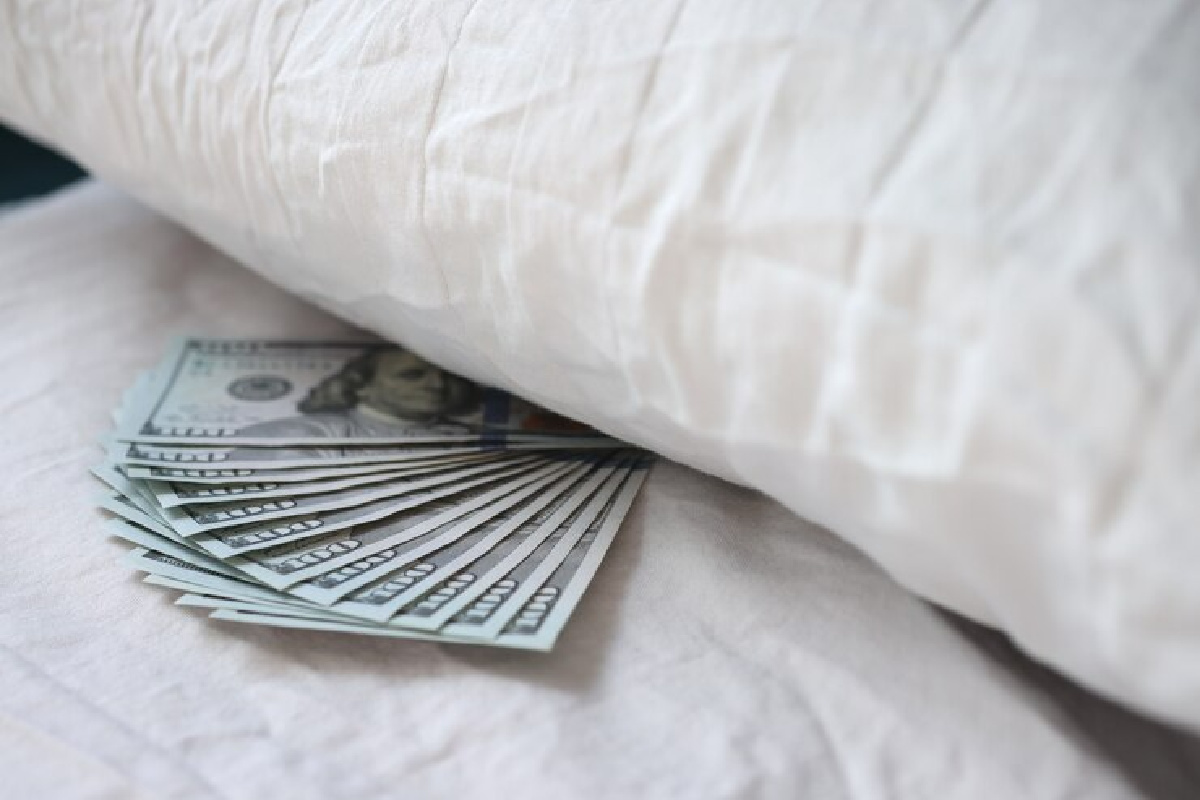An Introduction to the Automatic Stay
The automatic stay is one of the most important protections provided to a debtor by the Bankruptcy Code. It is provided for in section 362 of the Bankruptcy Code and is triggered immediately upon the filing of a bankruptcy petition. It automatically prohibits most acts and proceedings against the debtor and their property. The automatic stay has a broad scope, applying to all creditors, whether secured or unsecured, and to all the debtor’s property, wherever it may be located. With a few exceptions, it forbids creditors from pursuing both formal and informal actions against the debtor and its property. Violations of the automatic stay can result in significant penalties for creditors, including actual damages, punitive damages and attorney’s fees and costs.
The automatic stay creates an injunction barring or continuing almost all actions and proceedings against the debtor and its property, including foreclosure auctions, garnishments, frozen bank accounts or the enforcement of pre-petition judgments. It also bars continued litigation, other collection efforts, and acts to create perfect and enforce liens. Some additional examples of collection actions prohibited by the automatic stay include the following: the initiation or continuation of debt collection lawsuits; repossession actions; debt collection phone calls or other correspondence; or use by a creditor of ACH transactions on any bank account.
The automatic stay provides debtors with a much-needed break from the stressful and potentially harassing debt collection process. It continues until the bankruptcy case is completed and the debtor receives a discharge, or when relief from the stay is granted to a particular creditor. The automatic stay protects the interests of both debtors and creditors. It may seem obvious that the stay benefits debtors, but it generally benefits creditors as well. The stay prevents depletion of any potential bankruptcy estate by creditors who, to the detriment of other creditors, win “a race to the courthouse” to enforce their rights. In this way, the automatic stay enables the orderly administration of the bankruptcy estate, which in turn promotes the policy of equitable distribution of the estate to the creditors.
Relief from the Automatic Stay
Relief from the stay may be granted by the court typically due to a request from a secured creditor after notice and a hearing. Before taking any action against the debtor or their property, it is the creditor’s responsibility to seek relief from the stay. Without approval by the Court, a creditor risks sanctions for violations of the stay. Secured creditors are entitled to adequate protection to protect against actual or threatened reduction in the value of their collateral during the bankruptcy case. See 11 USC § 361. Diminution in value may be caused by a variety of factors, including depreciation, declining fair market values, failure to pay insurance or property taxes, or failure to maintain the property. If the debtor is unwilling or unable to provide adequate protection to a secured creditor (for example by making timely mortgages payments), then there is sufficient cause for the court to order relief from the automatic stay, See 11 USC § 362(d)(1). By obtaining relief from a stay, a creditor can then continue the foreclosure process on the collateral, and potentially recover an amount sufficient to pay the balance due on the debt, or at least limit its loss as much as possible.
Lifting the Automatic Stay in a Chapter 7
In a Chapter 7 bankruptcy proceeding, a debtor generally may see two different types of motions for relief from the stay. First, where the debtor is behind on their mortgage payments, a mortgage lender will typically file a motion seeking relief from the automatic stay. This motion will also typically be granted, enabling them to initiate a foreclosure action or continuing a foreclosure action. Second, a debtor who is behind on their car payments will also most likely see a motion for relief brought by the secured lender. If the debtor has not cured their default in payments, the lender will most likely have their motion granted by the Court and the lender will be able to continue in their efforts to repossess the motor vehicle at issue.
Lifting the Automatic Stay in a Chapter 13
Chapter 13 bankruptcy is the bankruptcy option that many homeowners use to stop foreclosure proceedings and get current on their mortgage. As part of their chapter 13 case, the debtor must pay their arrears through their chapter 13 plan, and upon filing their case, resume paying their regular monthly mortgage payments. However, should the debtor fall behind on making their post-petition mortgage payments, the lender or servicer will most likely file a motion seeking relief from the automatic stay. The debtor will then have to get current on their post-petition mortgage payments but may be able to negotiate a conditional order to obtain more time to pay back the post-petition mortgage arrears, or potentially modify their plan to pay the arrears over the remaining time in their plan. However, they will have to be able to afford the increase in payments or risk having their case dismissed.
Landlord Tenant Matters
A major exception to the automatic stay is where a landlord has obtained a judgment of possession prior to a bankruptcy case being filed. However, under New York law, a tenant may prevent eviction under these circumstances by declaring a legal right to cure the default in the bankruptcy petition, making a deposit with the bankruptcy court clerk for the amount of rent that will be owed to the landlord within 30 days of the filing, and paying all outstanding rent with 30 days thereafter. While this remedy is available under New York law, it typically is not financially feasible for most bankruptcy debtors.
If a landlord has not obtained a judgment of possession, they may file a lift stay motion and seek to begin or continue an eviction action. In fact, courts are often willing to lift automatic stays at the request of landlords in a Chapter 7 bankruptcy, because the majority of evictions have no effect on the bankruptcy estate. In other words, a debtor’s tenancy cannot be converted into funds by a trustee to pay back the creditors in the bankruptcy case. In a Chapter 13 bankruptcy case, the debtor must pay their rental arrears through their chapter 13 plan, similar to those debtors paying back mortgage arrears. They must also resume making regular monthly rental payments.
Violations of the Stay
Violations of an automatic stay could cause a creditor to face significant financial consequences. An individual debtor who is injured by a willful violation of the automatic stay may recover actual damages, including costs, attorney’s fees, and, if appropriate, punitive damages. See 11 USC § 362(k). Willfulness of the violation does not require that the creditor intended to violate the stay, but rather that its acts violating the stay were intentional. A creditor’s good faith belief that its actions complied with the stay does not, however, establish a defense to willfulness. A creditor does not willfully violate the stay if the law that governs the alleged violation was sufficiently uncertain and the creditor, in good faith, relied on legal authority to support its position.
Contact The Law Offices of David I. Pankin, P.C.
At the Law Offices of David I. Pankin, P.C., we have over 25 years of experience helping debtors obtain a fresh financial start. We have seen firsthand the benefits that the automatic stay provides to debtors. If you have any questions about filing for bankruptcy, please do not hesitate to contact our offices at (888) 529-9600 or by using our easy online contact form.






